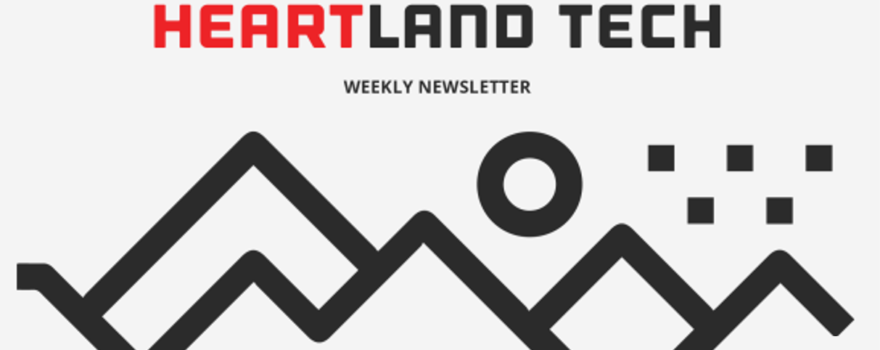
Last week, I wrote about the evolution of Utah’s tech community. Most of the entrepreneurs and investors I spoke with in the “Silicon Slopes” region have said it’s become easier to recruit out-of-state talent in the past several years as startups in Provo and Salt Lake City have reached varying degrees of success. The area produced multiple companies that had successful IPOs or were acquired for more than $1 billion, as well as tech companies that have become large enough that they now employ hundreds of people.
This week, Pluralsight — one of the startups mentioned in the piece — confidentially filed for an IPO. Although little is known about Pluralsight’s financial health, local publications have expressed excitement at the news. Utah’s startup community can now add another name to the list of homegrown startups that have survived long enough to go public.
In light of this news, I decided to take a look at how long it took Pluralsight to raise venture capital money compared to other Utah startups. Startups don’t need to raise venture capital in order to scale, but it does accelerate the process. Each IPO by a Utah startup gives CEOs of younger startups another success story to point to when trying to convince skeptical venture capitalists to invest in a local company.
According to Crunchbase data, Pluralsight raised its first round of venture capital financing in 2013. That round — a $27.5 million series A — came about nine years after the company launched. This is roughly how long it took Qualtrics, another company mentioned in my story, to raise its series A. Qualtrics was also founded in 2002 and raised a $70 million series A in 2012.
The other two startups mentioned in my story last week — Domo and Podium — were founded in 2010 and 2014, respectively, and were able to access venture capital much earlier in their life cycle. Domo raised a $33 million series A in 2011, while Podium raised a $32 million series A in 2017.
Looking at just these four companies, you can see that the younger startups, Domo and Podium, were able to access venture capital more quickly. Granted, there were very specific reasons both companies were likely able to get more meetings with venture capitalists — circumstances other startups won’t necessarily be able to emulate.
Domo cofounder Josh James had a proven track record — his previous company, Omniture, was acquired by Adobe for $1.2 billion — while Podium garnered a lot of attention after being accepted for Y Combinator’s Winter 2016 batch. And the fundraising experiences of four companies is in no way representative of how long it takes most Utah startups to raise venture capital.
But a new theory that I’ve been toying with is that when one “superstar” company IPOs it won’t necessarily make it easier for every startup in its home city or state to raise capital. However, it does increase the likelihood that some venture capitalists will take a risk on another startup in that area, meaning a few startups will be able to access venture capital more quickly and scale more quickly than the superstars of years past. I think that it’s worth keeping an eye on whether this proves to be true in Utah.
More from my site





